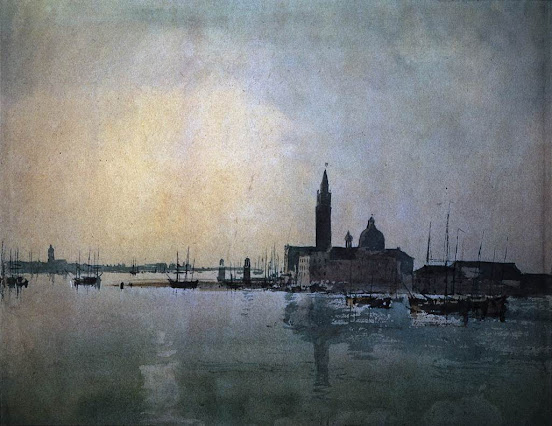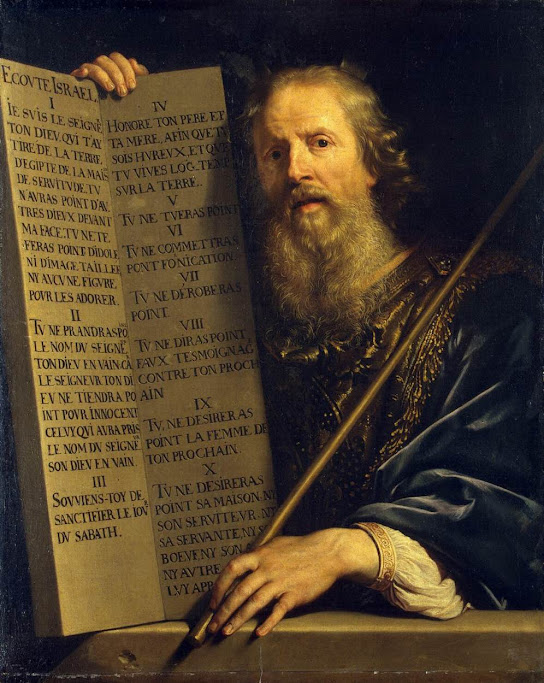Readings (Jerusalem Bible: Australia, England & Wales, India [optional], Ireland, New Zealand, Pakistan, Scotland, South Africa)
Readings (New American Bible: Philippines, USA)
Gospel Matthew 24:37-44 (English Standard Version
Anglicised: India)
Jesus said to his disciples:
For as were the days of Noah, so will be the coming of the Son of Man. For as in those days before the flood they were eating and drinking, marrying and giving in marriage, until the day when Noah entered the ark, and they were unaware until the flood came and swept them all away, so will be the coming of the Son of Man. Then two men will be in the field; one will be taken and one left. Two women will be grinding at the mill; one will be taken and one left.
Therefore, stay awake, for you do not know on what day your Lord is coming. But know this, that if the master of the house had known in what part of the night the thief was coming, he would have stayed awake and would not have let his house be broken into. Therefore you also must be ready, for the Son of Man is coming at an hour you do not expect.
Since we are travellers and pilgrims in the world, let us ever ponder on the end of the road, that is of our life, for the end of our roadway is our home (St Columban, 8th sermon).
The above text is at the top of the home page of this blog. St Columban's words, written more than 1,400 years ago, remind me of the destination God desires for me and for all of us: heaven.
The texts of today's Mass invite us to focus on that end and on Jesus Christ, God who became Man. Put on the Lord Jesus Christ St Paul tells us in the Second Reading (Let your armour be Jesus Christ, in the Jerusalem Bible translation). In the Collect (Opening Prayer) the priest addresses God the Father on our behalf with these words: Grant your faithful, we pray, almighty God, to resolve to run forth to meet your Christ with righteous deeds at his coming, so that, gathered at his right hand, they may be worthy to possess the heavenly kingdom . . .
This prayer alludes to the The Final Judgment in Matthew 25, where those joyfully running forth to meet your Christ will be gathered at his right hand. And the words running forth remind me of the welcome his father gave to the Prodigal Son: But while he was still a long way off, his father saw him and felt compassion, and ran and embraced him and kissed him (Luke 15). Whether we are running forth to meet Christ or the Father is running to embrace and kiss us, there is that strong note of joy. I believe that this is what Jesus meant at the Last Supper when he said to the Apostles: These things I have spoken to you, that my joy may be in you, and that your joy may be full (John 15:11).
On the same occasion Jesus told the Apostles what heaven is: And this is eternal life, that they know you the only true God, and Jesus Christ whom you have sent (John 17:3).
These words of Jesus tell us absolutely clearly that our faith as Christians is one of relationship, coming to know our Father through Jesus Christ and to be with them for ever.
The Prayer over the Offerings focuses on the theme of eternal life: Accept, we pray, O Lord, these offerings we make, gathered from among your gifts to us, and may what you grant us to celebrate devoutly here below, gain for us the prize of eternal redemption . . . The prayer reminds us also that everything we have and the eternal life that the Father wants for us are pure gift from God.
The Prayer after Communion reinforces St Columban's words that the end of our roadway is our home. The priest prays on our behalf: May these mysteries, O Lord, in which we have participated, profit us, we pray, for even, as we walk amid passing things, you teach us to love the things of heaven and hold fast to what endures . . .
In Advent we prepare to celebrate at Christmas the First Coming of Jesus Christ - And the Word became flesh and dwelt among us (John 1:14) - and we prepare for his Second Coming in glory at the end of time when we hope to run forth to meet Christ at the Last Judgment.
But during Advent we also prepare to meet Jesus in our daily lives, particularly through these mysteries in which we participate. These mysteries above all are the celebration of the Holy Sacrifice of the Mass. From the earliest days of the Church this has been celebrated by Christians gathering together on Sunday, the Lord's Day, the day on which Jesus rose from the dead, the Resurrection being at the heart of our faith. (It is incorrect to refer to Sunday as 'the Sabbath', the Jewish holy day observed every Saturday.) The Catechism of the Catholic Church reminds us: On Sundays and other holy days of obligation the faithful are bound to participate in the Mass. And as the response to the Responsorial Psalm reminds us, I rejoiced when I heard them say: 'Let us go to God's house.'
Listening to the Word of God at Mass and receiving the Risen Lord, in Holy Communion prepare us to recognise Him in the many ways He comes to us in our daily lives. In the painting above, The Infant Jesus Distributing Bread to Pilgrims, Murillo is foreshadowing the Eucharist in which the same Jesus, now the Risen Lord, gives himself 'Body and Blood, Soul and Divinity' to us to strengthen our faith by putting on the Lord Jesus, as St Paul tells us.
This is how the Lord prepares us to be ready whenever and in whatever way He will come.
Locus iste a Deo
factus est, inaestimabile sacramentum irreprehensibilis est.
This
place is made by God, inestimably sacred, irreprehensible.
Response to Responsorial Psalm (Ps 121 [122]:1)
I rejoiced when I heard them say: 'Let us go to God's house.'
Traditional Latin Mass
First Sunday of Advent
The Complete Mass in Latin and English is here. (Adjust the date at the top of that page to 11-27-2022 if necessary).
Epistle: Romans 13:11-14. Gospel: Luke 21:25-33.











%20WGA.jpg)




,%20WGA.jpg)